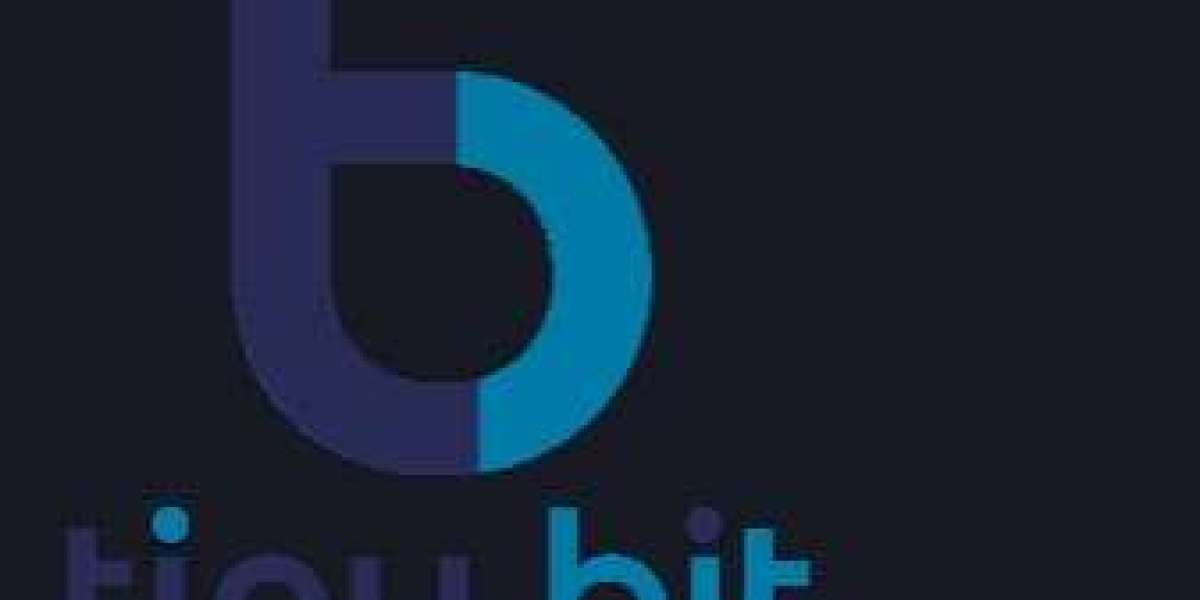Empowering individuals with developmental disabilities to lead independent, fulfilling lives is at the heart of the mission of Developmental Disabilities Administration (DDA). Central to this objective are life skills programs that provide tailored support to enhance daily living, social interaction, and self-sufficiency. In this blog, we'll delve into the significance of life skills programs offered by DDA and how they contribute to empowering independence.
1. Defining Life Skills Programs: Life skills programs offered by DDA encompass a diverse range of activities and interventions designed to enhance the daily functioning and independence of individuals with developmental disabilities. These programs address crucial aspects of daily living, social interaction, and personal development.
2. Daily Living Skills for Autonomy: Life skills programs focus on developing daily living skills that promote autonomy. These include activities such as personal hygiene, meal preparation, grocery shopping, and household chores. By mastering these skills, individuals with developmental disabilities gain the confidence to navigate daily life with increased independence.
3. Social Skills Development: Social skills are a key component of life skills programs. DDA initiatives aim to enhance social interactions, communication, and relationship-building. These programs provide individuals with the tools to navigate social situations, express themselves effectively, and foster meaningful connections within their communities.
4. Community Engagement and Navigation: Life skills programs actively encourage community engagement and navigation. Participants learn how to use public transportation, access community resources, and engage in recreational and cultural activities. These experiences contribute to a sense of belonging and empowerment within the broader community.
5. Vocational Training and Employment Readiness: Empowering independence includes preparing individuals for vocational opportunities. Life skills programs offered by DDA often incorporate vocational training and employment readiness initiatives. Participants gain skills relevant to the workforce, fostering greater independence through potential employment opportunities.
6. Financial Literacy and Budgeting: Financial independence is a crucial aspect of leading an independent life. Life skills programs include components focused on financial literacy and budgeting. Participants learn money management skills, budget creation, and financial decision-making to promote fiscal responsibility.
7. Self-Advocacy and Decision-Making: Empowering individuals with developmental disabilities to advocate for themselves is a core objective of life skills programs. Participants learn about their rights, make informed decisions, and develop self-advocacy skills. This empowerment contributes to a greater sense of control over one's life.
8. Health and Wellness Management: Life skills programs recognize the importance of health and wellness. Participants learn about healthy lifestyle choices, nutrition, and physical fitness. These programs aim to instill habits that contribute to overall well-being and empower individuals to take an active role in managing their health.
9. Transition Planning for Adulthood: Life skills programs play a crucial role in supporting individuals with developmental disabilities during transitions to adulthood. This includes comprehensive transition planning that addresses housing options, vocational goals, and the development of skills necessary for independent living.
10. Individualized and Person-Centered Approach: A hallmark of life skills programs by DDA is the individualized and person-centered approach. Recognizing that each individual has unique needs, strengths, and aspirations, these programs tailor interventions to ensure that the support provided aligns with the specific goals of each participant.
see more:-








